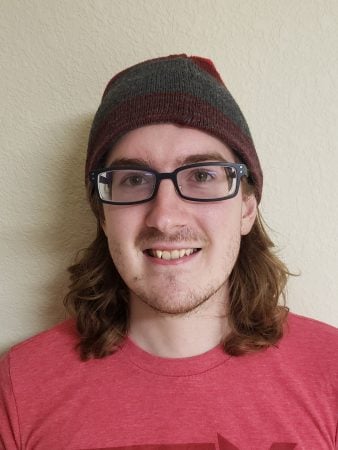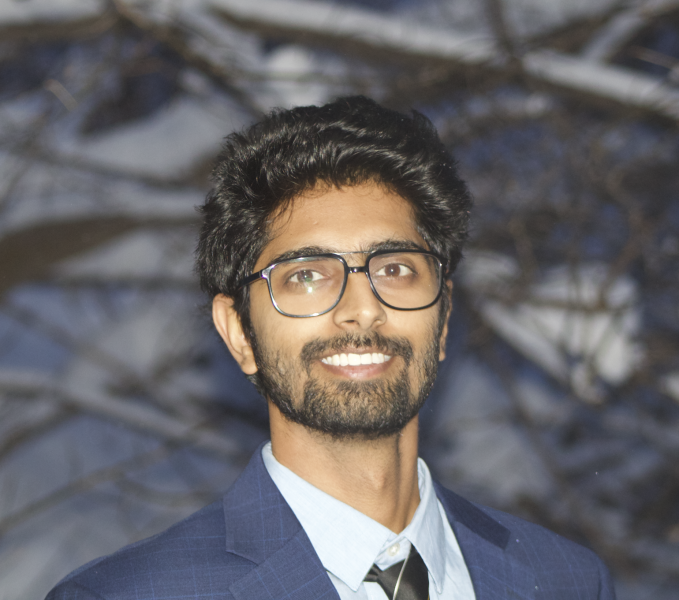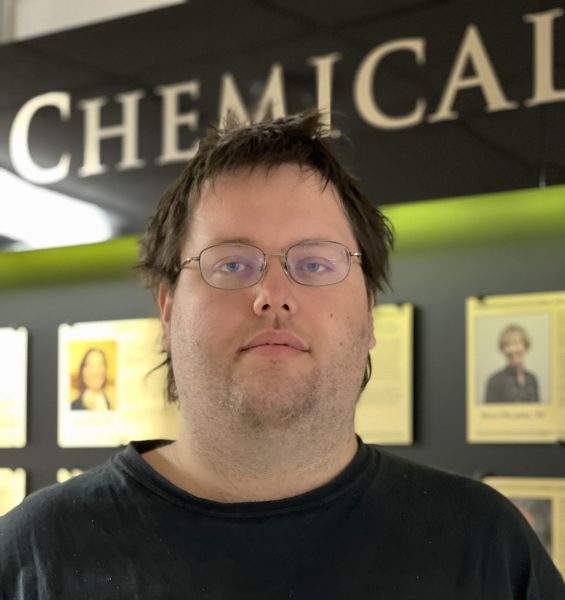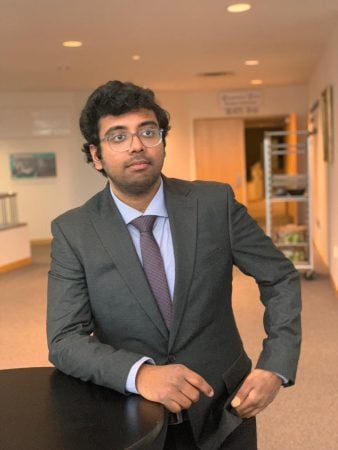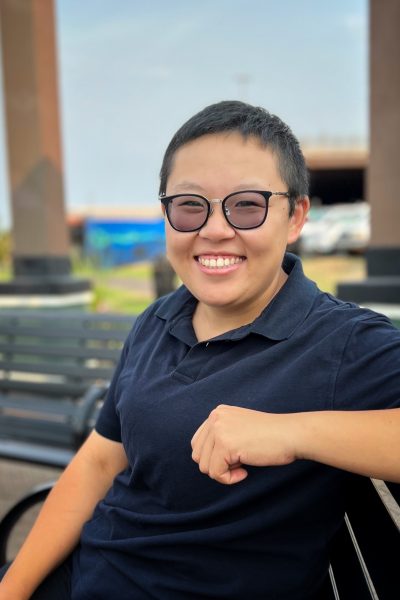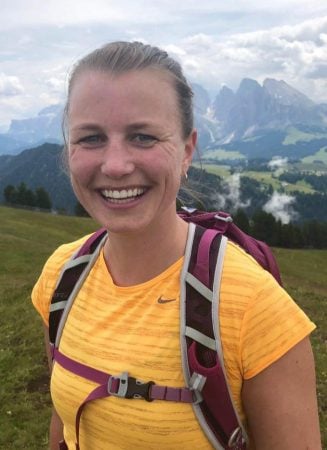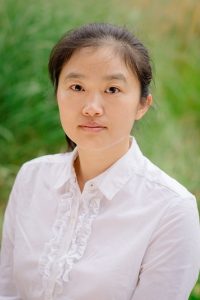Ever since my freshman year of high school when another older student approached me to join a physics club sponsored by Fermilab which focused on cosmic ray air showers, I’ve been fond of both the theoretical and experimental side of physics. It is quite the coincidence, or perhaps the exact opposite, that my research now focuses on detecting some of the highest energy gamma-ray air showers with HAWC.
After attending a very large high school in a suburb of Chicago, I decided to apply to Tech after a family friend recommended the school and I immediately enjoyed the smaller and closer-knit feel of Tech. I did both my undergraduate (B.S. in Physics and B.S. in Computational Math) and my graduate studies at Tech and the end of my academic journey with Tech is a very bittersweet moment for me. My Ph.D. thesis is mostly focused on using gamma-rays detected by HAWC over nearly a decade to create a catalog of some of the most extreme galactic particle accelerators like supernova remnants, pulsars, and micro-quasars. Catalogs historically have provided useful information to both theorists and other experiments to help guide and accelerate research in and beyond the field of astrophysics. To help create this catalog and assist future analysis work in the HAWC collaboration I developed a software framework to automate source finding in the HAWC dataset.
I want to thank many different organizations and people who have helped me throughout my university journey. First, the Graduate Dean Awards Advisory Panel for providing their wonderful support to help me finish strong. Second, my advisor Prof. Huentemeyer along with our research group for the invaluable support they’ve provided to me during my Ph.D. studies. Third, the physics department as a whole because without their support both personally and fiscally throughout both my undergrad and grad experience I would not have made it to where I am today.
